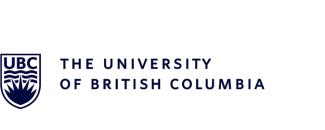Alexander Scott PhD
Associate Professor
Physical Therapy
Faculty of Medicine
University of British Columbia
As we age, tendon damage accumulates in many of our load-bearing tendons, like the rotator cuff – a common cause of shoulder pain. A major puzzle is to understand why some individuals experience substantial tendon injury, but no pain – whereas other individuals experience chronic pain and disability. There has been some suggestion that tendon injuries, particularly of the upper extremity, are associated with sensitization of the nociceptive system – a feature that currently is not addressed by standard treatments, and which requires validation through further study. Anti-inflammatory drugs offer only a partial analgesia – while rehabilitation is successful for many cases, better treatments are desperately needed. The mechanisms of tendon nociception, mechanical hyperalgesia and pain have hardly been studied, making this an area of critical need for further research.
Research Keywords: tendon injury, tendinopathy, musculoskeletal pain, rehabilitation

